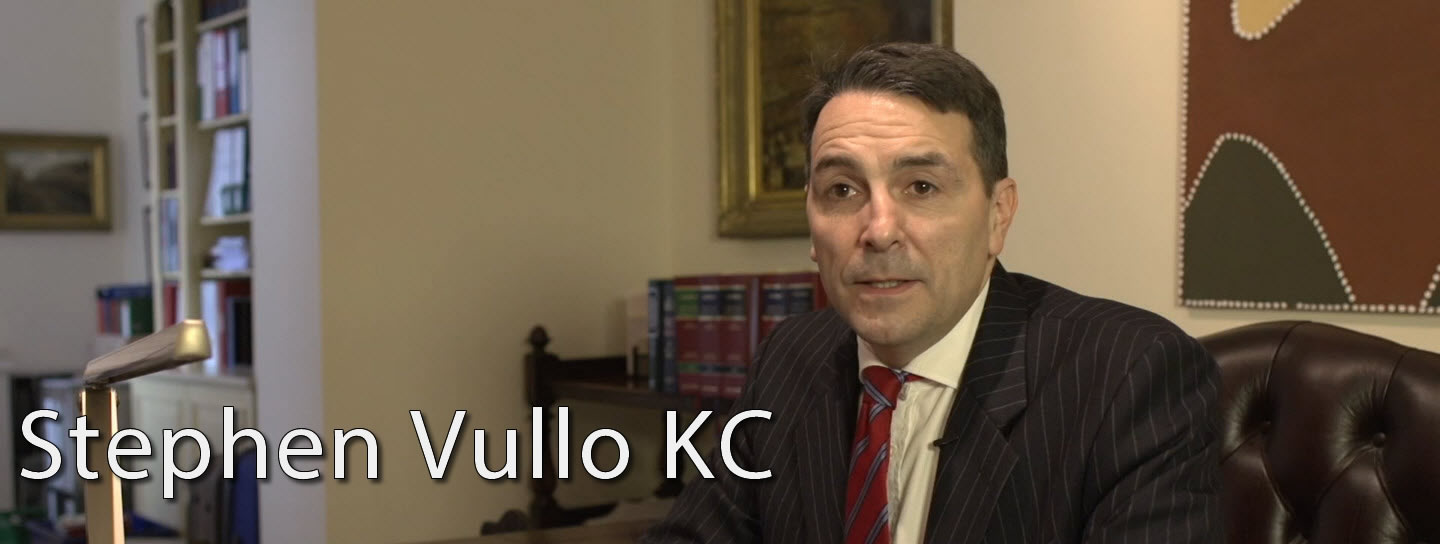Stephen has defended many clients accused of charges relating to sexual exploitation. These include allegations of trafficking, controlling prostitutes and keeping a brothel. These types of allegations are often accompanied by charges of money laundering, and Stephen is an expert barrister when it comes to this field of law.
Appeal Court decisions in relation to cases of sexual exploitation
When dismissing an appeal against conviction for sexual activity involving children, including rape and trafficking within the UK for sexual exploitation, the court considered the issue of consent. Where a vulnerable or immature individual had allegedly been subjected to grooming for sexual purposes, the question of whether real or proper consent had been given would usually be for the jury to decide, unless the evidence clearly indicated that proper consent had been given.
Life sentences coupled with minimum terms ranging from 17 to 12 years were appropriate in the case of four men who had been convicted of serious sexual offences following their involvement in one of the worst cases of child exploitation to come before the courts.
Sentences of 11 years’ imprisonment imposed on three offenders and a total sentence of 14 years’ imprisonment imposed on another offender for offences arising out of the sexual exploitation of two young girls were appropriate in view of the various aggravating features, which included the fact that one of the girls was a vulnerable 16-year-old child and that both girls were forced to act as prostitutes.
The test for recommending the deportation of an offender, which was whether his continued presence was to the detriment of the country or community, was met in the case of a brothel keeper whose commercial enterprise encouraged the influx of illegal immigrants and thrived on the use of them, extracting substantial profit for those who carried out the services.
“Control” within the meaning of the Sexual Offences Act 2003 s.53 should be given its ordinary dictionary meaning of directing a relevant activity and included, but was not limited to, individuals who forced another to carry out a relevant activity. Therefore there was no need to prove that a complainant had been forced, coerced or compelled to work as a prostitute, merely that she had been directed to do so.
A sentence of 40 months’ imprisonment for conspiracy to traffic into the United Kingdom for sexual exploitation contrary to the Sexual Offences Act 2003 s.57 was excessive in light of a defendant’s lack of previous convictions, his young age, the limited scale of the criminal operation and his plea of guilty.
In the circumstances, a sentence of 18 months’ imprisonment imposed for one offence of keeping a brothel was manifestly excessive, and a sentence of four months’ imprisonment was appropriate.

